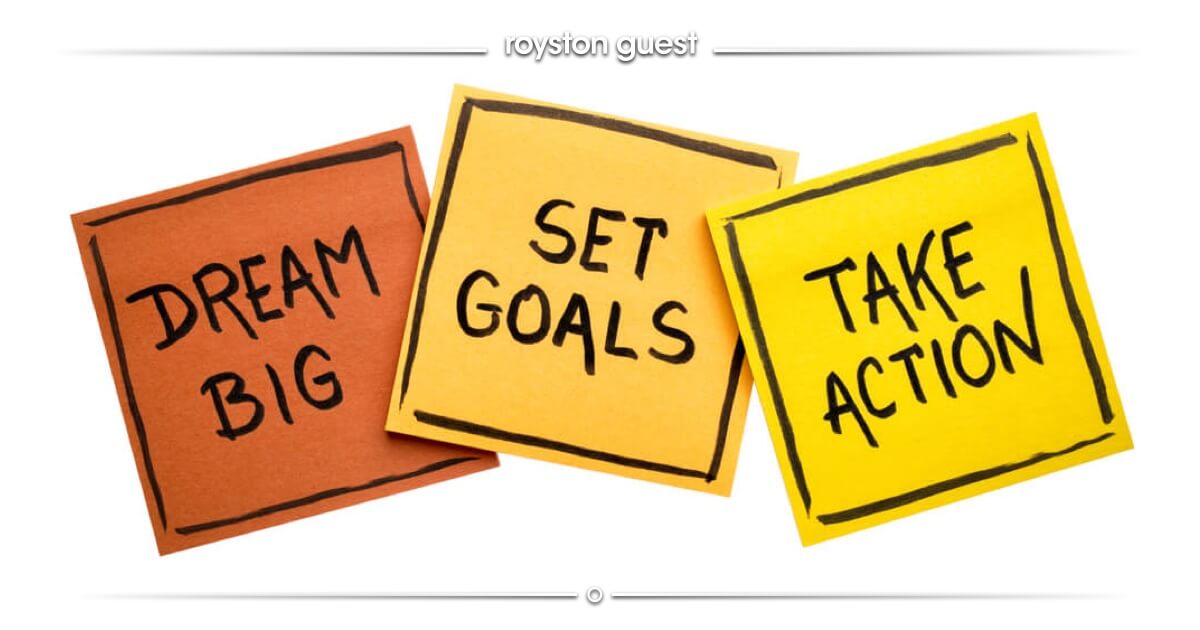One of the hardest things about overcoming an NVLD is that you have significant weaknesses and unique strengths so you need to figure out how to manage the two. Due to this you should remember when making some decisions about your IEP it is okay to say no at times. While having too many services and taking less challenging courses may seem beneficial, it can do more harm than good. Since it can negatively impact your self-esteem as you are reminded of your disability too much and you can feel you can’t achieve as much as your peers.
An appropriate example of saying no is to not accept pullout speech therapy everyday if it’s offered so that you are able to have more time in the classroom. Speech therapy generally takes place during non-academic periods though for the student these periods are just as important as academic periods given their social deficits and their need to make significant connections. Therefore they need time to interact and connect with their peers. However speech therapy is so important so an example of fair compromise would be 2-3 times a week directly then twice a week be pushing services in your resource room or Language Arts class. As you have to remember there is so only so much time in a school day and your personal goals as well as your academic have to be met too.
Saying no to receiving Physical Therapy and Occupational therapy is another example since PT doesn’t help you academically like OT does since PT focuses on areas like walking properly in the hall and increasing physical education or recess participation. Therefore an appropriate recommendation would be OT twice a week including pull out and push in sessions as there is a lot of overlap for both of these therapies so the gross motor skills can still be addressed in OT. Furthermore push in services for OT support academics as the occupational therapist works on handwriting, holding a book properly, cutting, and paying attention so the therapist can work with you while still taking part in your academics
Later on your support team may be involved in your course selections and at times it is appropriate to decline what they are presenting. An example of this would be taking regular Biology over practical Biology or staying with a college prep rather than choosing the vocational route as such as going to BOCES for NYS. I believe for the N
VLD student, lowering expectations can do more harm than good. Since NVLD students have a unique profile, a more academic program allows them to see their true potential. In addition it also helps them to continue to increase their self-esteem by performing in higher level courses.
 Another appropriate no for the high school level is not to continue with a shared aide service since fine motor skills deficits are less of an issue. In addition your courses are more lecture and discussion based therefore the NVLD student has the ability to be a more independent student. In addition, during the hard teenage years their presence can lower your self-esteem and keep you less involved in class. While it seems worrisome in the end it’s the right choice as the NVLD student often becomes a more confident and engaged student.
Another appropriate no for the high school level is not to continue with a shared aide service since fine motor skills deficits are less of an issue. In addition your courses are more lecture and discussion based therefore the NVLD student has the ability to be a more independent student. In addition, during the hard teenage years their presence can lower your self-esteem and keep you less involved in class. While it seems worrisome in the end it’s the right choice as the NVLD student often becomes a more confident and engaged student.
Through my personal experience having too many services is as overwhelming as not having enough as working with too many service providers can bring so much pressure and insecurities. What is also forgotten too is being in the classroom is so important for the NVLD student as generally they learn social skills through experiences and having great role models. So having to leave the room 3x times a day really does limit those opportunities to connect with others. In terms of high school and picking courses I always chose the harder path and quite honestly I surrounded myself with better role models and the vast majority of my teachers so enjoyed having me in the class and thought I brought something a little extra. Therefore I strongly believe more need to follow my example as those with an NVLD have such great ability and it is often noticed by giving the student more independence.
Overall as you learn more and more about your weaknesses and strengths as a student I can’t stress enough how at times accepting too much support and choosing the easier path isn’t the correct answer. There are ways to keep a high level of service while learning how to develop some independence and you may have to say no at times to some of the many services that you had previously received through your IEP. Yes, this may seem hard but in the end for the NVLD student I believe it is the right decision.
Eileen
This is truly a method I believe in as I so feel it leads to great success!
Share your own story







